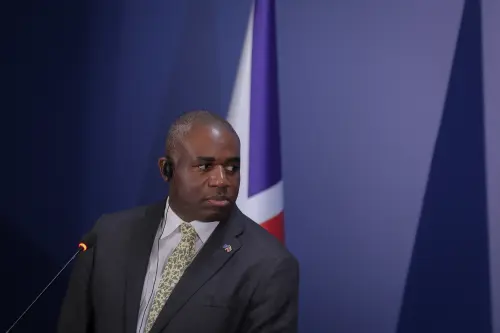Introduction
Britain has sanctioned a pro-Russian group accused of attempting to rig a referendum in Moldova and destabilize its democracy. The sanctions include asset freezes and travel bans on the group, its founder, and a board member.
Context
Moldova, previously part of the Soviet Union, has seen its relations with Russia weaken as it moves toward European Union integration. The Moldovan government has alleged attempts to delegitimize a presidential election won by pro-Western President Maia Sandu and an upcoming referendum on EU membership.
Russia's Response
Russia has denied these allegations.
Developments
The anti-corruption sanctions specifically targeted the Russia-based NGO Evrazia, associated with oligarch Shor, who was previously sanctioned in 2022. Moldova has claimed that schemes involving Shor aimed to buy the votes of hundreds of thousands of people, which he denies.
Broader Efforts Against Corruption
Britain’s Foreign Office highlighted that these sanctions are part of a broader effort against corruption deemed crucial for national security. The UK also imposed sanctions on officials in Guatemala and targeted leaders of Georgia's 'Judicial Clan', accused of undermining the rule of law to support the Georgian Dream party, which has tightened its grip on opposition and fostered closer ties with Russia.
Conclusion
The actions taken by Britain against the pro-Russian group and associated individuals signal a commitment to uphold democratic principles in Moldova and reinforce efforts against corruption within its borders and beyond.
